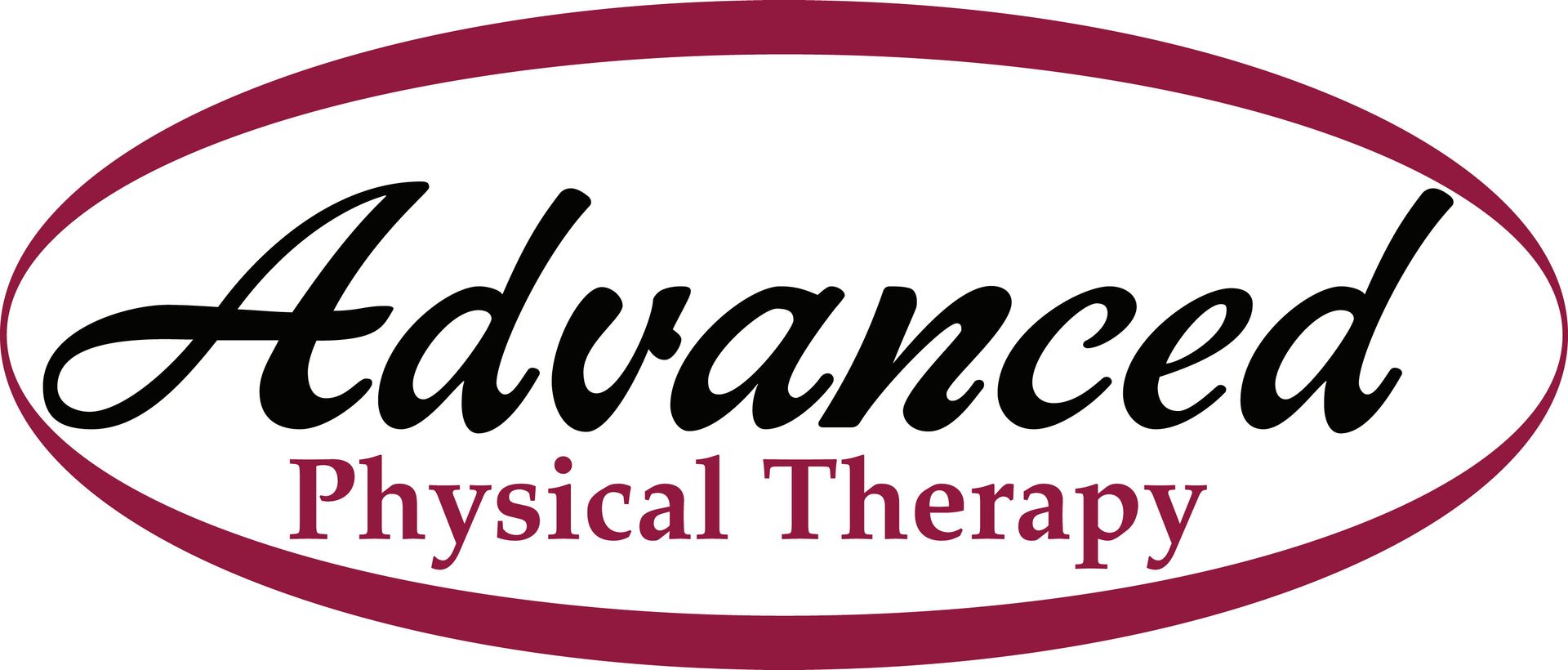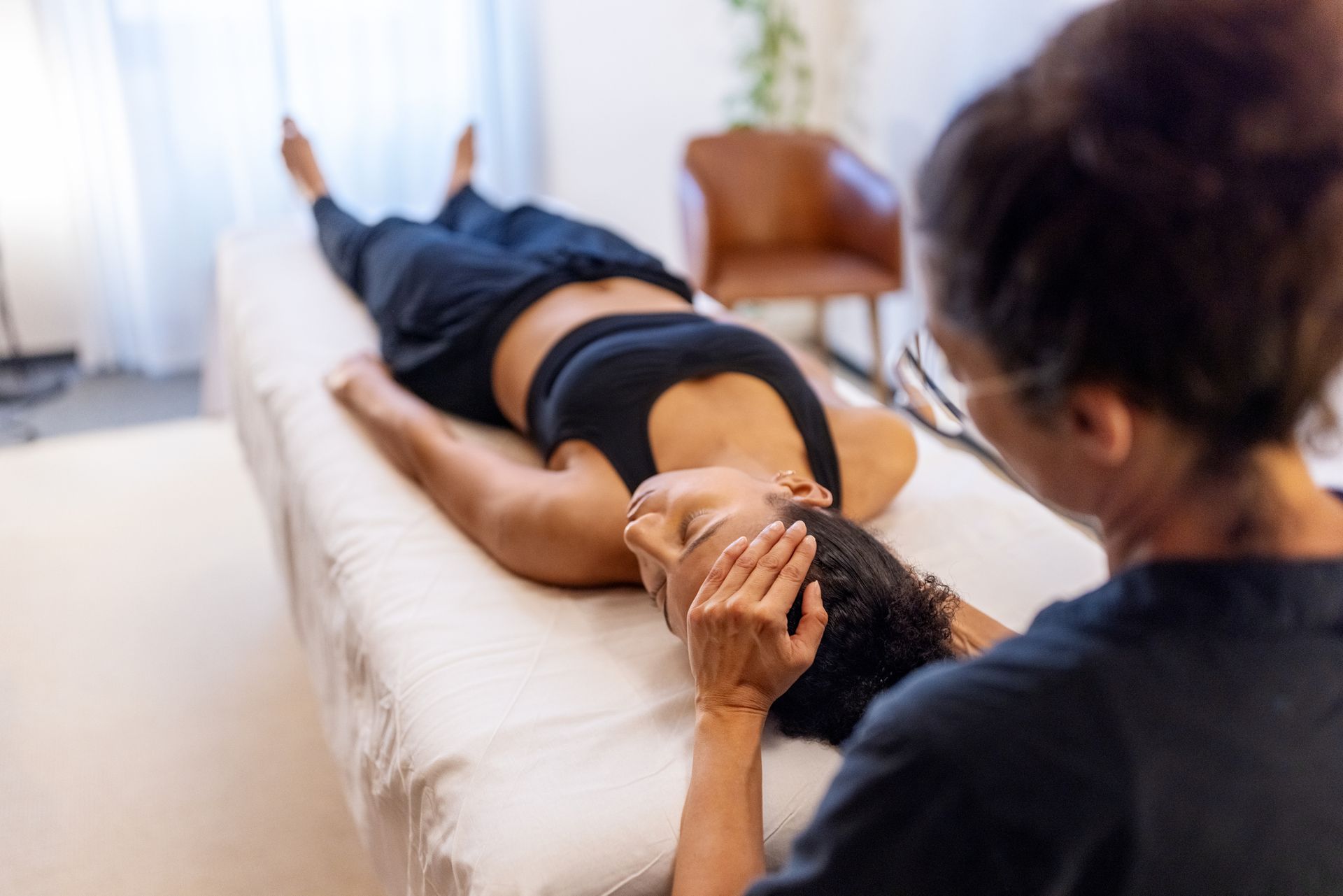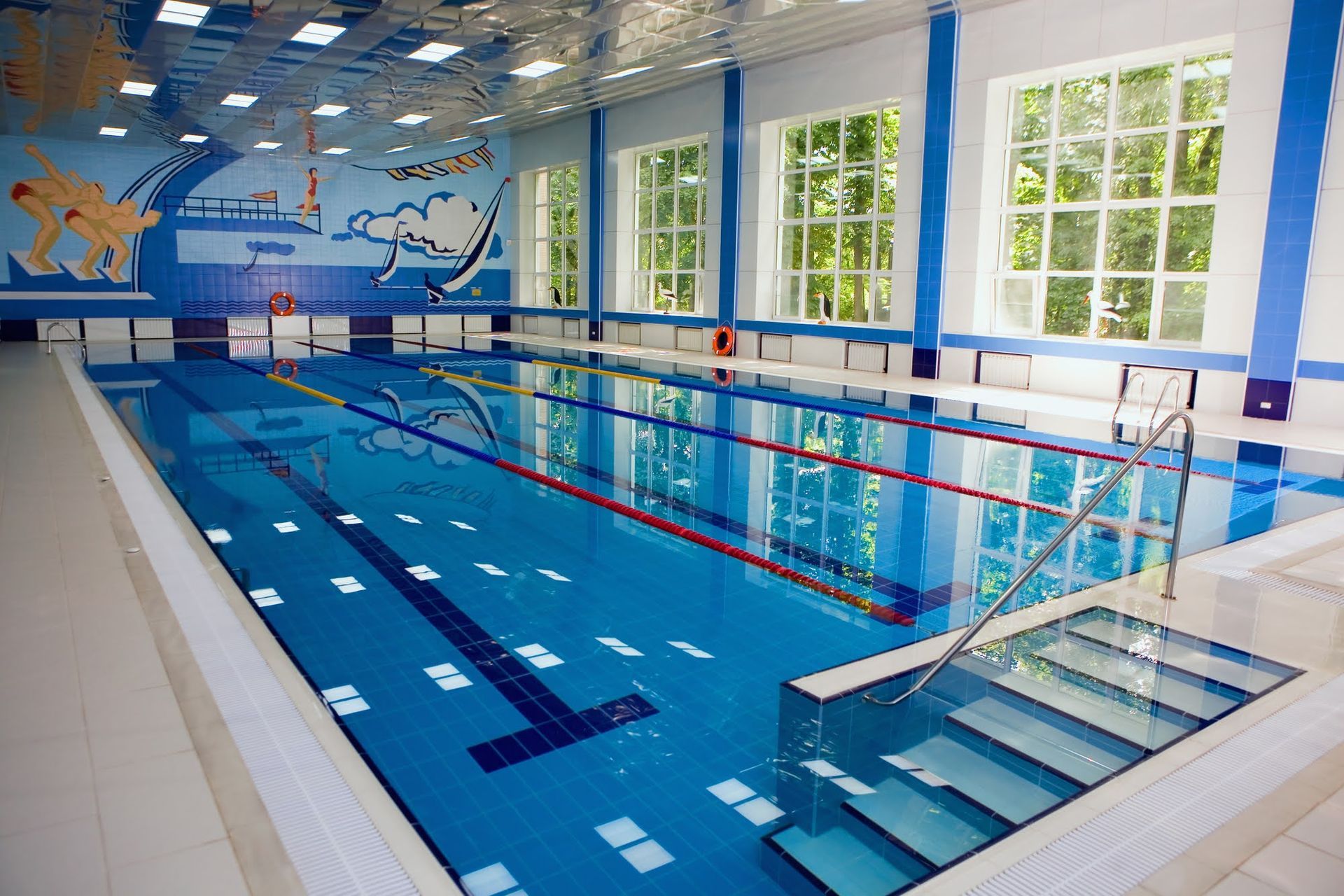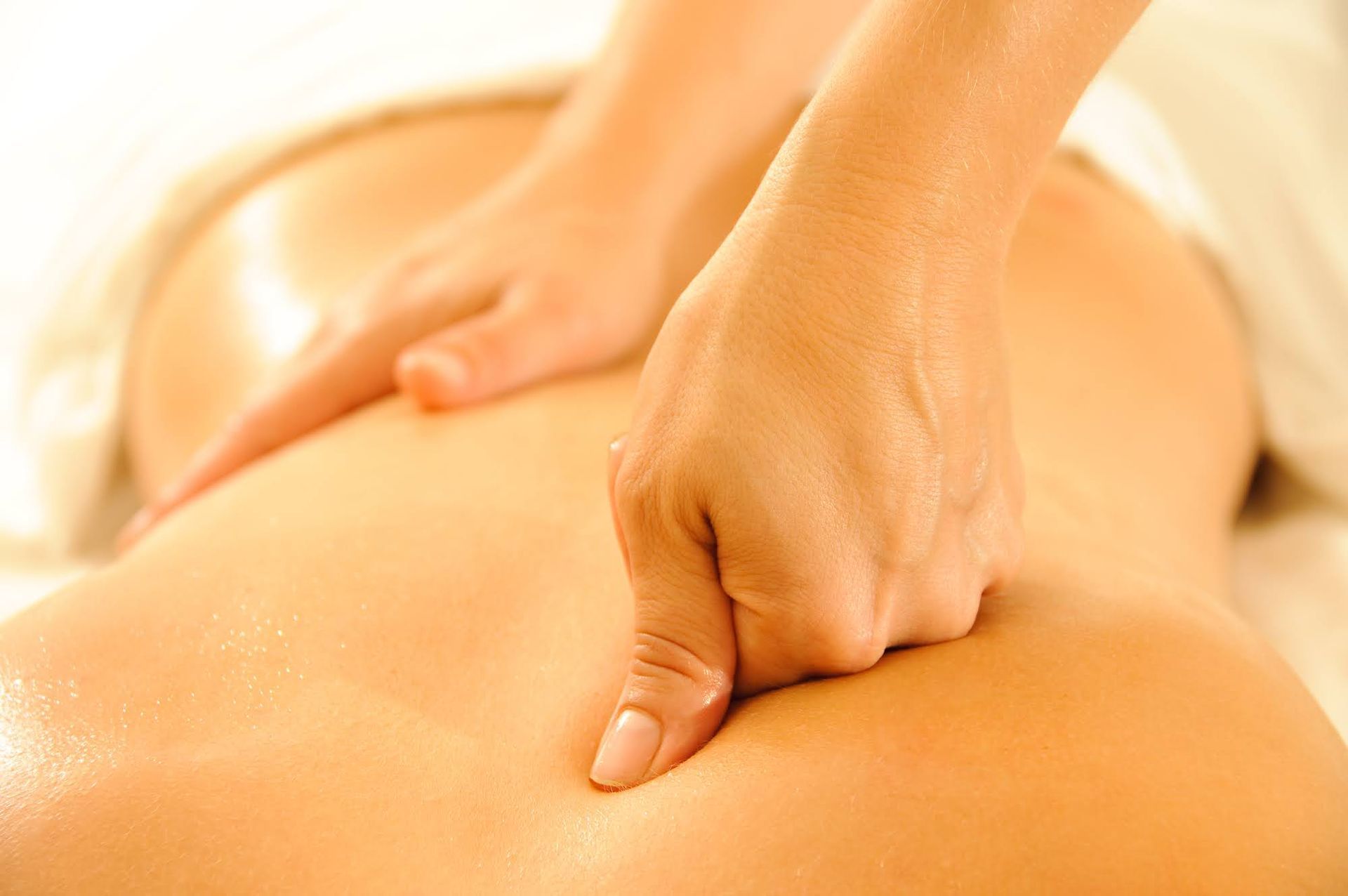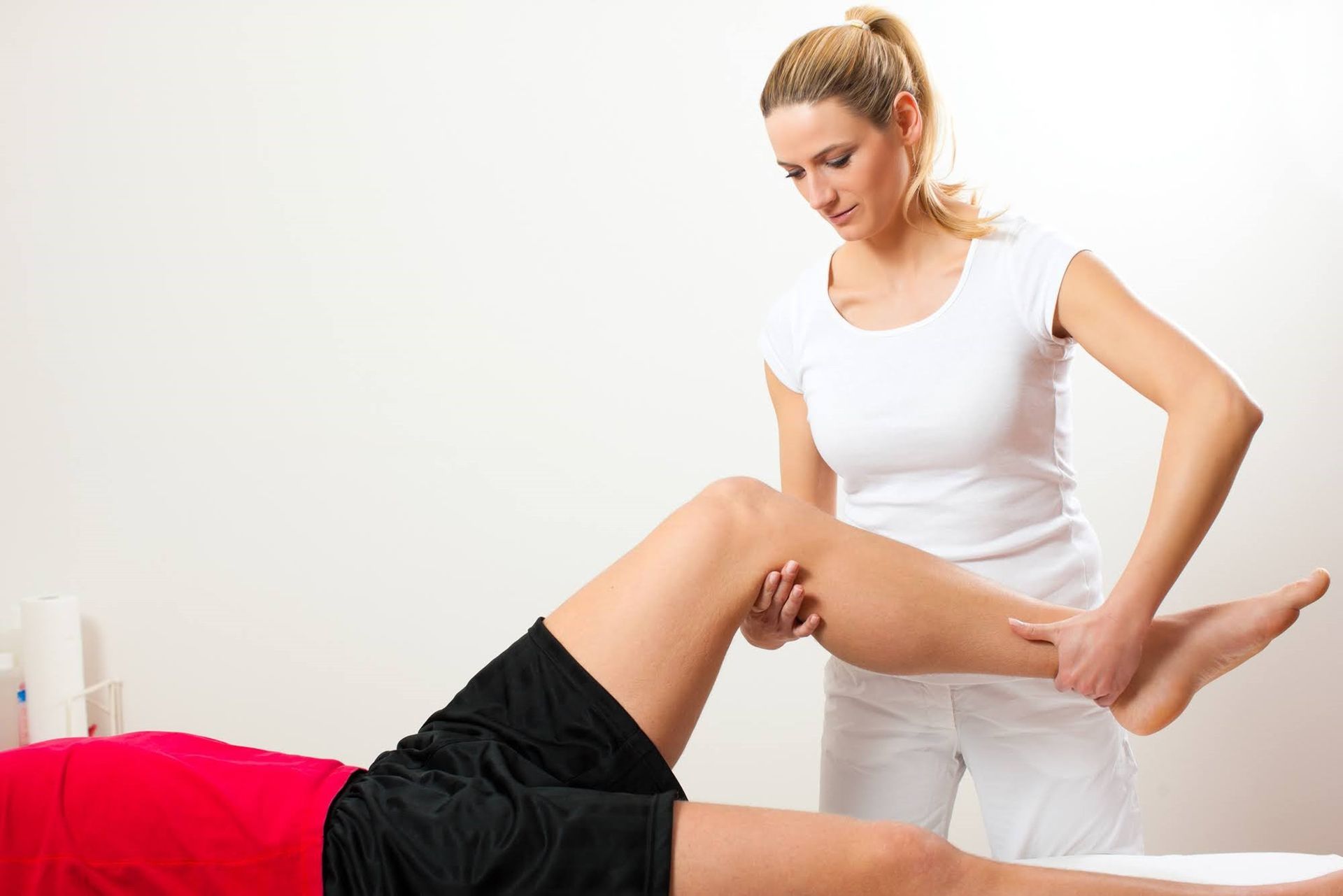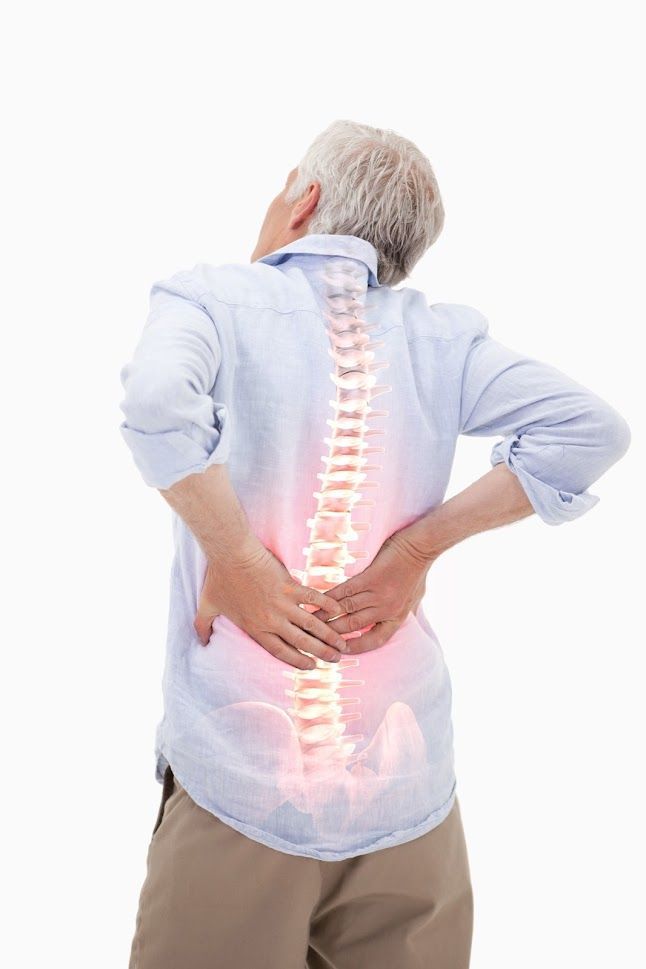Aquatic Therapy: Helping Rehabilitation Patients With Additional Health Challenges

Surgery or car accidents can often lead to a need for physical therapy. Patients may struggle through rehabilitation programs, even when they are otherwise healthy. Those with issues like arthritis or diabetes may feel even less capable of rebuilding their strength. Aquatic therapy can provide a gentler but equally effective option for recovery.
How It Helps Everyone
Water takes away the stress put on the joints by gravity. The pressure on the body drops 90 percent when a person immerses themselves in water up to their necks. The buoyancy makes it easier to move freely without the fear of falling. The reduction in pain and pressure can enable people to complete their rehabilitation program and restore their strength and coordination.
Less pain, pressure, and better balance can make workouts more fun and less exhausting. Patients hesitant to try physical therapy because of their fatigue or pain may make feel more motivated by the option of a pool workout. The quietness of a therapy pool can make the rehabilitation process more peaceful and provide some stress relief for participants.
Despite being impact-free, water workouts offer more resistance than movements outside of the water. The muscles can grow stronger than they may have otherwise and help the people who take part in the program to feel more capable of continued physical activity.
Who May Benefit Most
People who suffer from chronic conditions may gain more than just the help they needed for the injury or other trauma that led to physical therapy. Aquatic therapy also has the potential to help to lessen many of the problems of common diseases. People with arthritis, diabetes, and even respiratory issues like COPD may find water therapy beneficial.
Arthritis sufferers can experience relief from the reduced stress on their inflamed joints. The impact-free water workout can make movement less painful, so people can take part more often and for longer sessions. Regular exercise can help to improve mobility, and the relief from pain can often improve the mood of the patient.
People with Type 2 diabetes can help to regulate their blood sugar levels with exercise, and aquatic therapy has proven as beneficial for this as any other workout. Water therapy could offer a convenient solution for any person with Type 2 diabetes who worries about rising blood sugar levels if an injury or surgery has sidelined them from their usual exercise routine.
Exercise sometimes feels impossible for people with respiratory conditions like COPD. The reduced strain on the body from the water buoyancy may lower the fatigue people feel when they try to complete exercises on land. The worry of the water placing too much pressure on the chest during aquatic therapy has not occurred in clinical studies, as oxygen saturation in the body remained stable.
How Recommendations Have Changed
Experts once considered aquatic therapy unsafe for heart patients, so some people may have previously had a doctor or therapist tell them it was not an option for them. Those beliefs have changed. The original concern was over an increased venous return, which is an increase in the blood flow through the left ventricle. If this occurred, experts believed it could lead to a higher risk of stroke in some patients.
The increase in blood flow can occur during hydrotherapy, but research has shown that the therapy can boost the overall heart function. The heavier flow does not put the participant at risk, as once believed. However, people with heart conditions should still talk to their doctor before they begin.
Aquatic therapy is only one of the many efficient and effective forms of rehabilitation services available today. At
Advanced Physical Therapy, we offer multiple options led by skilled therapists. We enable people of any age and physical ability to regain their strength, coordination, and independence. Contact us to learn more.

